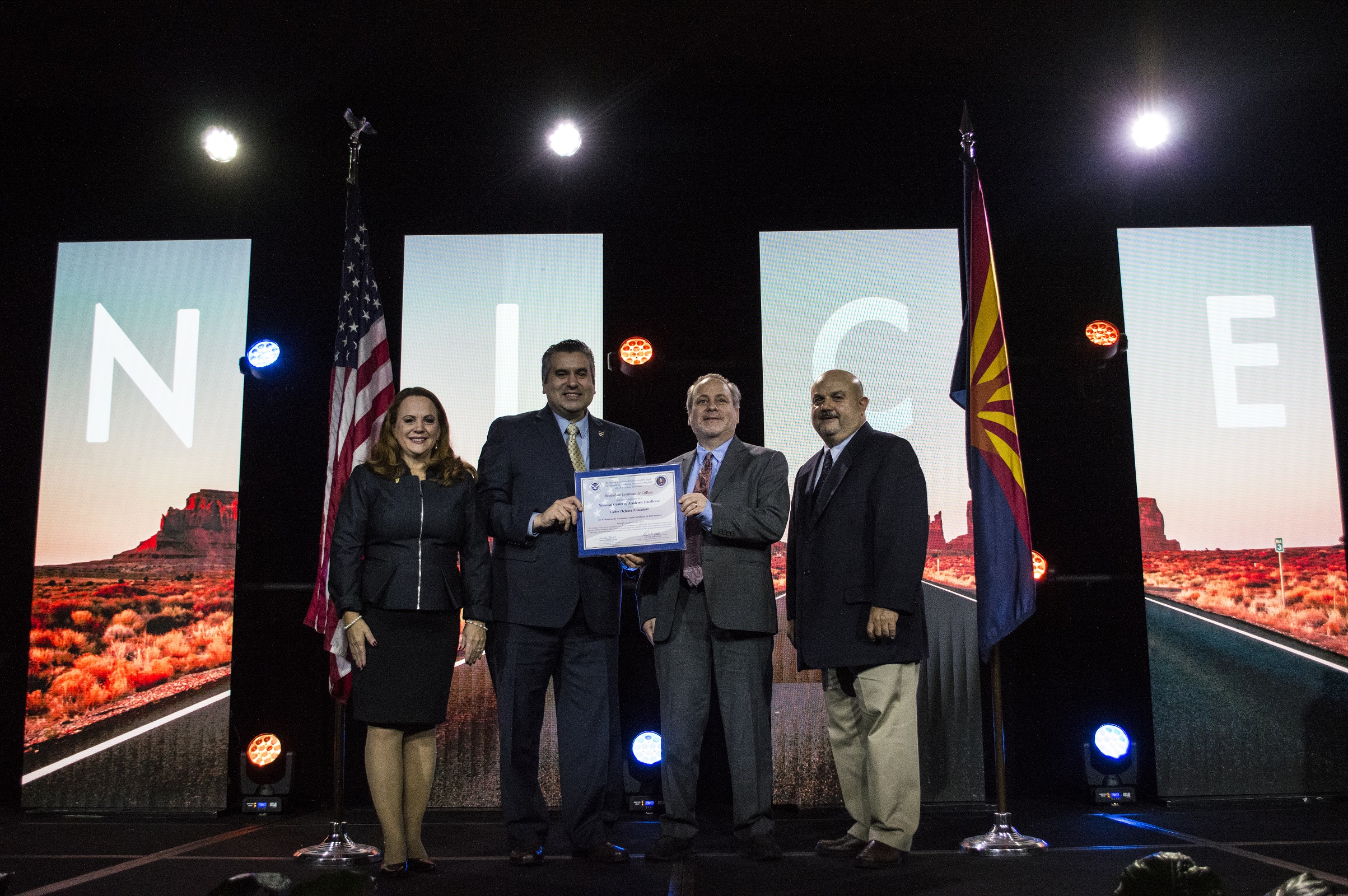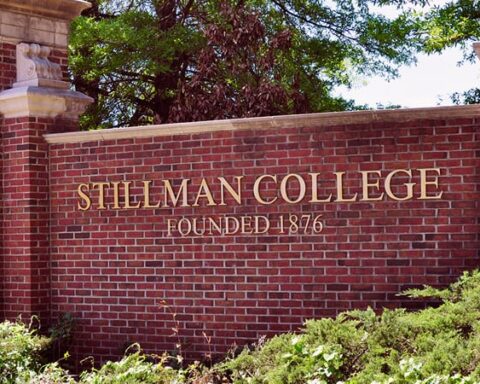Courtesy of Stillman College
Stillman College proudly announces its designation as a National Center of Academic Excellence in Cyber Defense (CAE-CD) for validated program(s) of study through the academic year 2029. This esteemed recognition underscores Stillman College’s commitment to meeting the evolving demands of cybersecurity education and contributing significantly to the protection of the National Information Infrastructure.
“Our recently designated Center for Academic Excellence (CAE) in cybersecurity promises to offer our students expanded opportunities for scholarships, internships, and careers in the national cybersecurity sector for many years ahead but also aims to enhance faculty research and ensure that both the community and the local economy benefit greatly,” said Professor Maria Laurent-Rice of Stillman College, Director of the Cybersecurity Program.
The designation is a testament to Stillman College’s dedication to addressing the critical shortage of professionals with cybersecurity skills. As highlighted in the 2018 National Cyber Security Strategy, a highly skilled cybersecurity workforce is deemed a strategic national security advantage, and investments in higher education are crucial for building a robust talent pipeline.
“We are thrilled to be recognized as a National Center of Academic Excellence in Cyber Defense. This designation reaffirms our commitment to providing high-quality cybersecurity education and preparing our students to meet the challenges of an ever-evolving digital landscape,” said President Yolanda W. Page of Stillman College.
The designation puts Stillman College on the map – literally, as the institution is now listed as one of more than 400 institutions nationwide doing this work. Dr. Kevin Harris, chair of Stillman’s Computational & Information Sciences program, said the designation demonstrates the institution’s leadership role amongst HBCUs and Cyber Security Education in the State of Alabama.
“We are continuing to lead the work among HBCUs to strengthen the cybersecurity workforce pipeline,” notes Dr. Kevin Harris. “It’s a key goal for our program to ensure more students of color are represented in this important field.”


